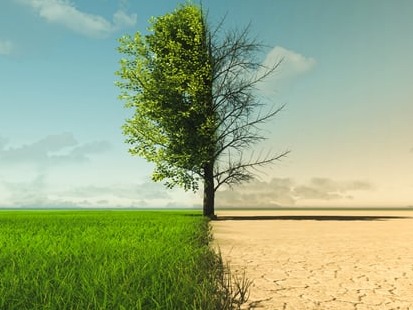
Climate Change and Impacts
Climate change has become one of the most pressing challenges humanity faces in the 21st century. The rise in greenhouse gas concentrations in the atmosphere, especially carbon dioxide (CO2), has led to a series of negative impacts worldwide. This text will address climate change and carbon-related impacts, along with the necessary solutions to mitigate these growing problems.
